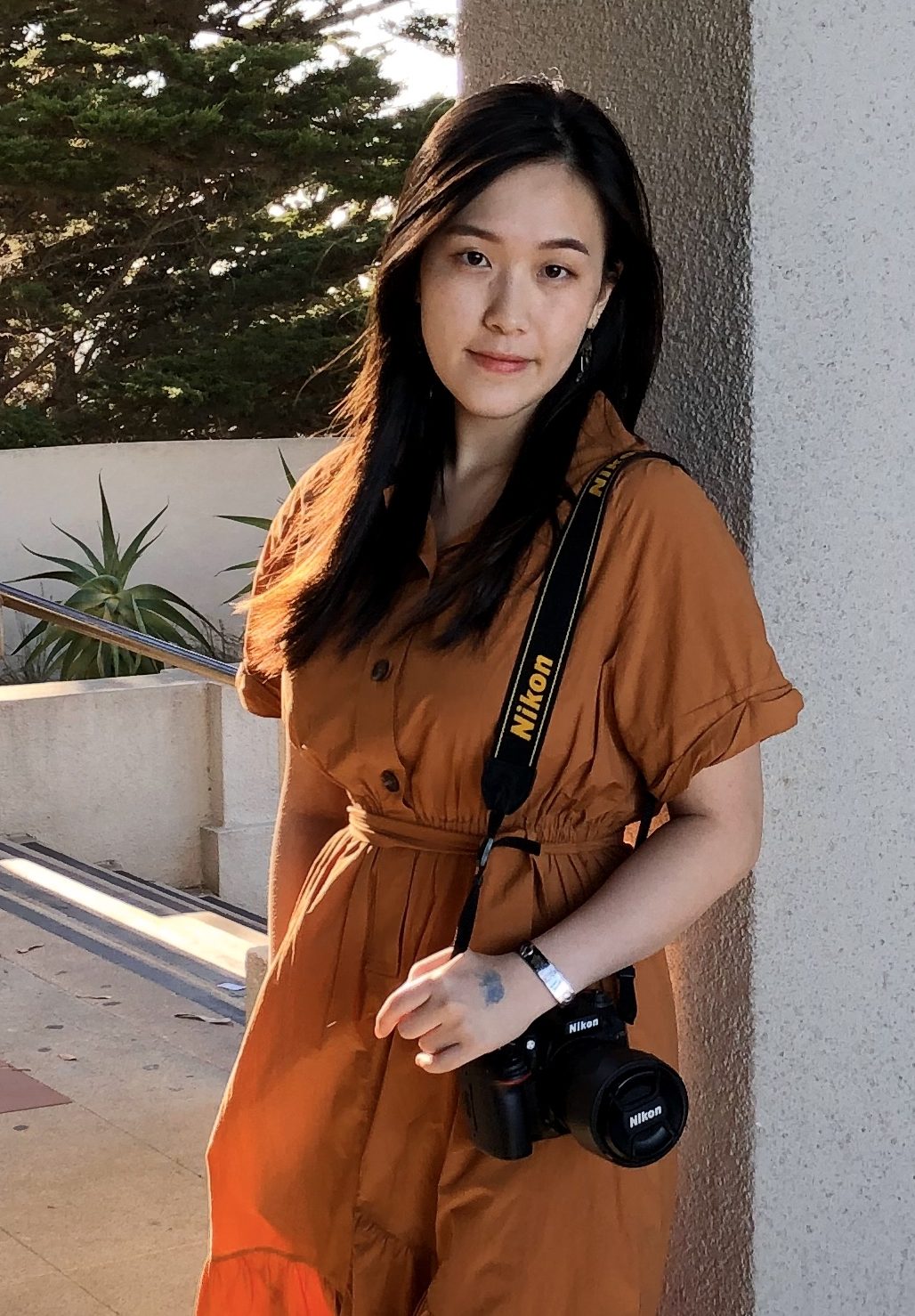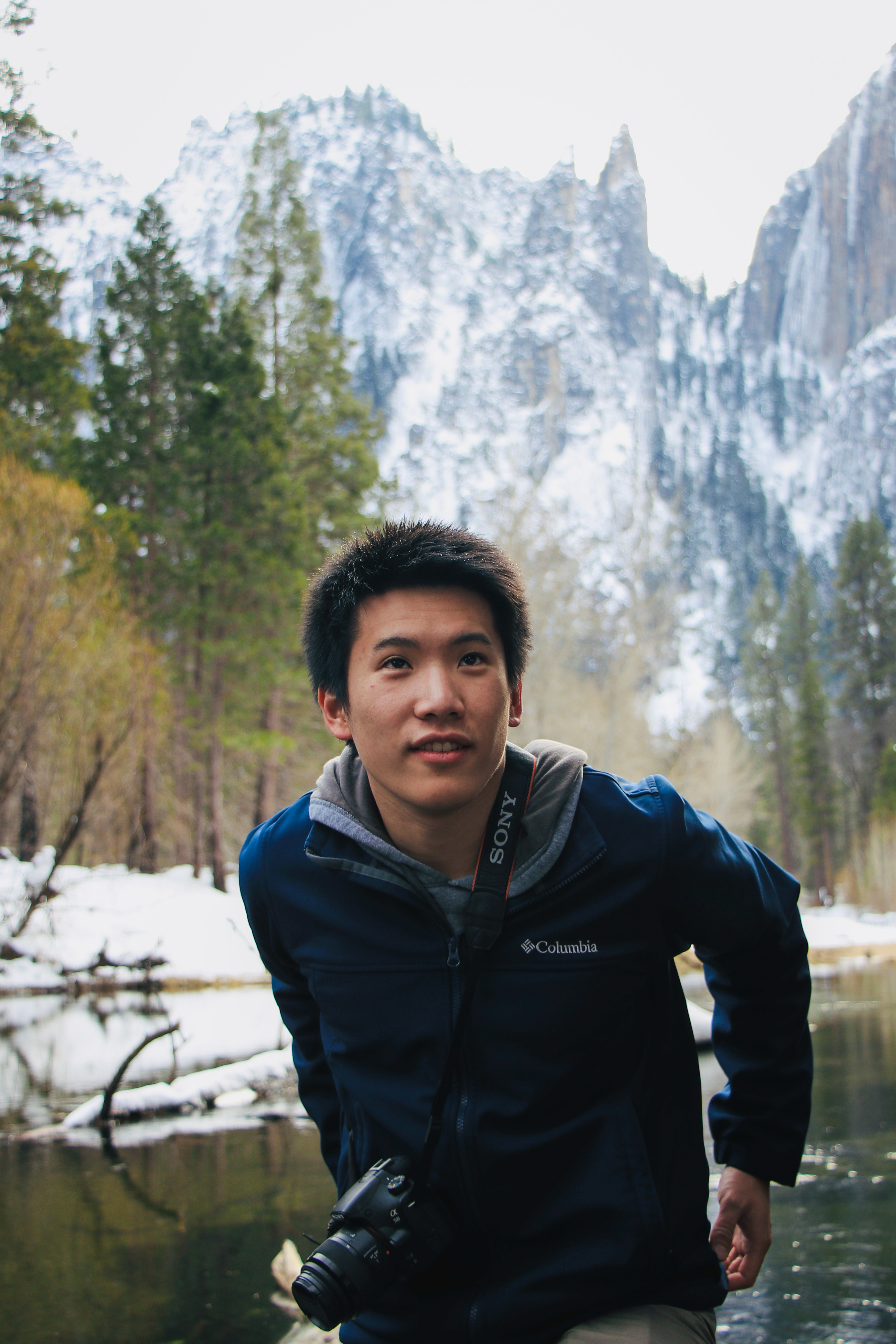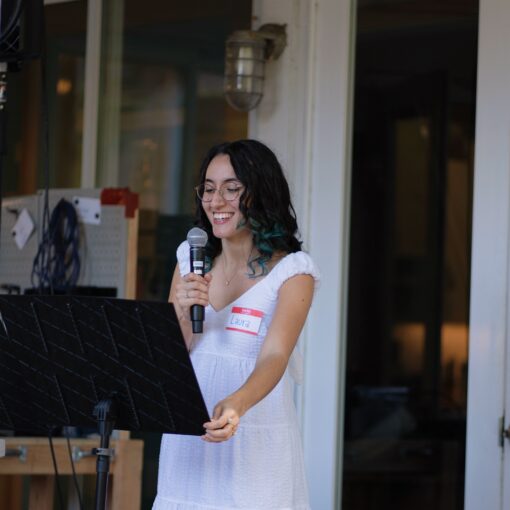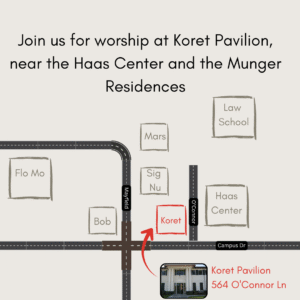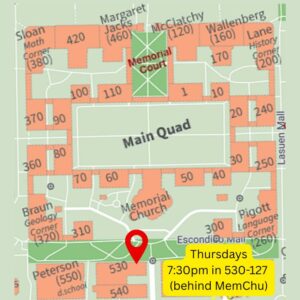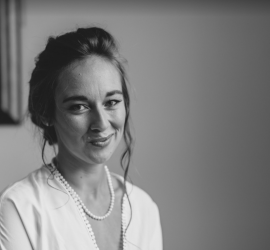
XASS: Welcome! Let’s start with the basics. What are you studying and where are you from?
Krystal: I am from Chesapeake, Virginia and I was born in Portland, Oregon, but mostly grew up in Virginia. I am a PhD student in the School of Education studying sociology, mostly organizational sociology.
XASS: You’re doing a PhD, so where did you go for undergrad and what did you study?
Krystal: I did my undergrad at NC State, which is in Raleigh, North Carolina, and I did my bachelor’s and master’s in social work.
XASS: When we first met several years ago you were actually working for a Christian organization. It must have been quite a journey to get from there to here. What’s the story?
Krystal: When I was doing my masters in social work, I was looking for jobs – not really traditional social work jobs. I was thinking a lot about doing some form of ministry. I had been very involved with urban youth ministry in particular throughout college. So, I was applying to things – really kind of just shooting in the dark, sending out different applications – and I found the Veritas Forum online. I had never heard of it. I’d never been to a forum, and I had no real work experience and I sent them a very strange cover letter. I don’t remember what I said, but they gave me a chance and interviewed me. They thought that I could potentially lead the Pacific Northwest, which was a region that had never really had a strong Veritas presence. So, I took that job and moved out to Seattle and worked for them for three years. About two years in, I was starting to sense that it was time to transition and working a lot with professors had made me really interested in academia. So I applied to a bunch of PhD programs and ended up coming here.
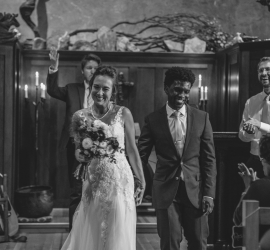
XASS: So why education?
Krystal: You know, it’s funny because if I could do it again I would definitely do a sociology program. I do love education, but I think I love sociology more. I didn’t really know very much about sociology before coming here. I actually started in the psych program of our Ed school, and then I discovered sociology through taking classes. That said, I think education is really unique because, besides families, it is the main way the young are formed, and thus, future society is formed. I’m particularly interested in civic and moral education: how we learn to do life together, particularly in a democracy. So in that sense, I am very committed to education and I think universities play a really special role in that, both in our society and around the world.
XASS: At some point along this journey you got married. How did you meet your husband Dash?

Krystal: So, Dash and I met at a concert in San Francisco where I was introduced to him because I was dating his friend. And it was a very short meeting, and then that relationship ended soon after. But then Dash and I both ended up being on the host team for Praxis Academy, which some Chi Alpha students have gone to. The host team helps run this conference for Christian college students interested in entrepreneurship. And over those five days of hosting this conference for 100 college students, we became good friends. And then over the course of months, that eventually turned into dating, and then I moved down here for school. And now we’ve been married for…over half a year. I think seven or eight months. And it’s been super, super fun.
XASS: That’s great! What advice would you give to the young people trying to sort out their romantic lives?
Krystal: I love talking to people about their romantic lives! I have talked to a lot of students in Chi Alpha about this from time to time. I think it’s interesting because when I was in college, I wanted to get married, but I think, really, I wanted to get married because of the status. I felt like being married was like a sign of, you know, being an adult and being worthy of someone’s love. I wasn’t focusing on the much more important thing, which is that you marry a person and then you spend your life with that person. And I feel super fortunate to be with Dash because we just really love doing life together. We laugh at the same dumb stuff, and like to hang out, and are just really weird and nerdy, and we live in a dorm together, which most husbands (I think) would not be on board for. So, I think the key thing really – which wasn’t even really on my radar in college – is that you should be looking for deep friendship. A deep companionship that makes life different and better. The other thing we always tell our friends from a Christian perspective is to think about: in what way can you glorify or serve God more together than you can apart? This is really important. Not only is marriage good for you, but is it actually good for the world that you’re together?
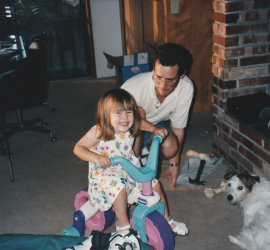
XASS: That’s beautiful. Do you have any non-academic hobbies or passions?
Krystal: Yeah, I like to run and walk a lot, especially on the Dish. And I really like to read. I read a lot for school, but I don’t get to do my favorite kind of reading. I love reading old classics. So every year at Christmas time I read a classic long book. So for example, this past Christmas I read East of Eden by Steinbeck.
XASS: What is one of your favorite reads?
Krystal: Oh, I’m super partial to Russian literature. So I love, love, love Tolstoy and Dostoyevsky. They have so much to say about humanity. Nietzsche called Dostoyevsky “the only psychologist from whom I’ve anything to learn.” They also have a lot to say about God which I find really interesting and compelling.
XASS: Were you raised in a churchgoing family?
Krystal: It’s a complicated answer. My parents are both Christian. They’re very complicated Christians, and I would not say I was raised in a typical Christian family. My parents divorced when I was pretty young, and they both have had a lot of mental health struggles and so that just makes it a unique family environment in a lot of ways. But they both love God deeply and I think it was a good environment for me, where it pushed me earlier to figure out faith for myself and really think about that. When I was in college, I think I would have said that they weren’t Christian because my view of what it meant to be Christian then seemed very different than what I grew up with. Now, I think that is too narrow of a take and they very much are but… yeah, it was not quite the kind of growing up experience Dash and I are planning for our kids, but good nonetheless.
XASS: Are you and Dash planning to have kids soon? Like while you’re in your PhD program?
Krystal: That’s the hope. I’m still sort of trying to get on board to at least being open to that being a possibility should God have that for us.
XASS: Do you have a favorite Bible verse or passage?

Krystal: My favorite part of the Bible is the first three chapters of Genesis, because I think it’s very sociologically rich and all of human life is packed in there: relationships, work and rest, sin and redemption. So I love that.
XASS: How did you get connected to Chi Alpha?
Krystal: I had met Glen when I did a Veritas forum at Stanford, mainly with the Stanford GSB which was a really interesting forum. I came to Stanford and began to think about studying religion, particularly in elite university contexts like Stanford where religious communities are interesting in terms of how they navigate this particular institutional environment, which is more complex in a lot of ways than, for example, navigating religion where I grew up in Chesapeake Virginia. And also studying what it means to hold a religious identity as fundamentally true or central to oneself. And so I started exploring communities that I might be able to be a part of as an ethnographer, which is a person who both participates in and also observes the community, which is kind of a big ask because it’s a little bit of a weird role. But it’s really important for social scientific work for other people to see how people are actually living their lives. So this year when I was starting this project I saw groups tabling before school started, and I talked to each of the ministries there: RUF, IV and Chi Alpha. You (Glen) were very much open to the project, the most open by far. I also think Chi Alpha is really cool for many reasons. I think the diversity of Chi Alpha is unique and really important on a lot of levels. The political diversity in particular is very rare at Stanford, even in religious groups. And I also like the spiritual dimension in terms of being more charismatic. I think that’s another way in which Chi Alpha challenges the deeply rationalistic culture of Stanford and higher education more broadly today.
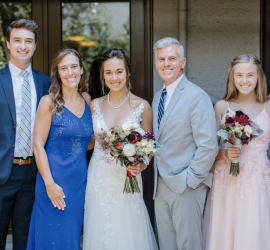
XASS: So you’re pursuing a PhD at Stanford University. Has that been a good experience for you spiritually, has it been neutral or has it been harmful to your faith?
Krystal: It’s been good. Um, it’s interesting because one of the things I’ve learned is that people thrive in different kinds of environments. And so for me being at Veritas was actually quite hard for my own faith. And there’s a number of reasons for that. I mean, thank goodness we have people who really thrive when their profession is tied to their faith, but I think I thrive in an environment like Stanford where it’s more, you know, deeply secular and it makes me more passionate about my faith in some sense and helps me to see the unique beauty in it when it’s not something I’m required to do for my day job. So I’d say overall, it has been definitely net positive. Marriage has been, too. And we really love our church. And so, those have all been pretty positive things.
XASS: This has been great, Krystal. Is there anything else you would like to share with the community?

Krystal: I think just that I’m really thankful to be a part of it. And that people have been so gracious, and that people should definitely keep asking me about my project and the research that I’m doing and not to be afraid to do that because it’s great to have those conversations. I want people to feel really open and to have a sense of what I’m doing and for it to be a partnership. The best ethnographers really work with their communities as partners rather than coming from an outside perspective. So, talk to me about it – shoot me an email anytime.
XASS: Krystal, thank you for your time!


